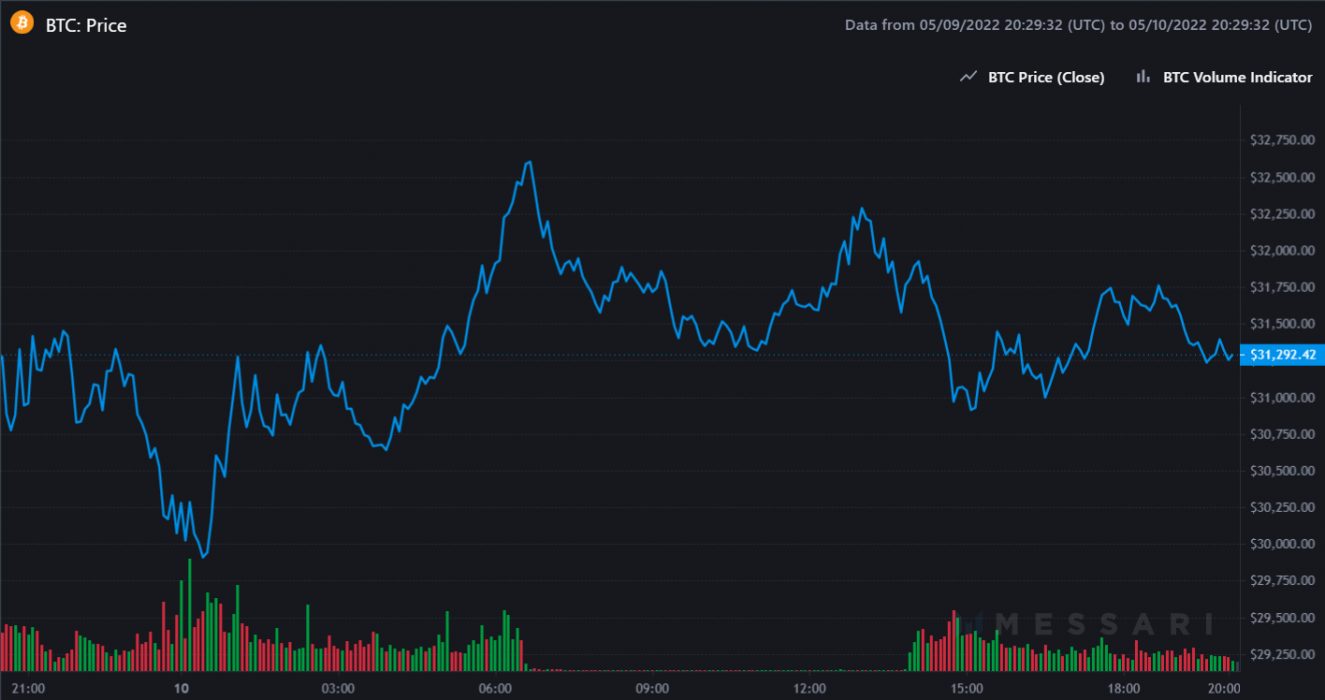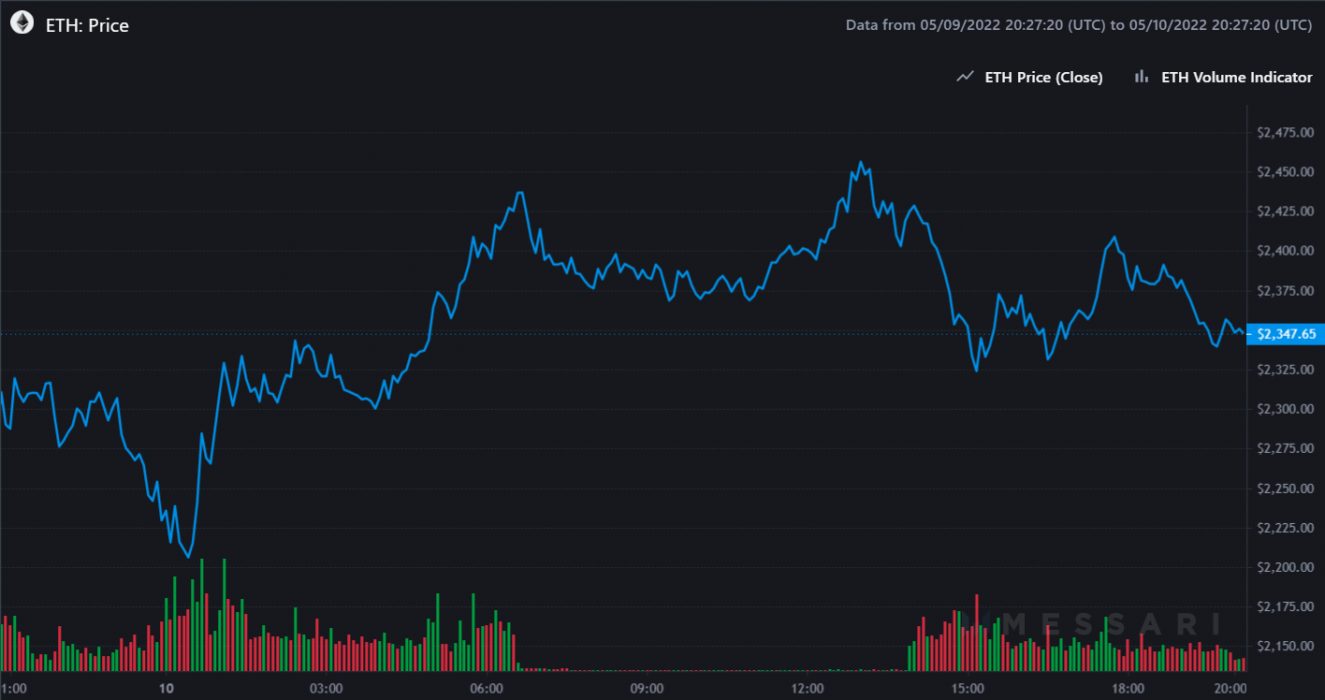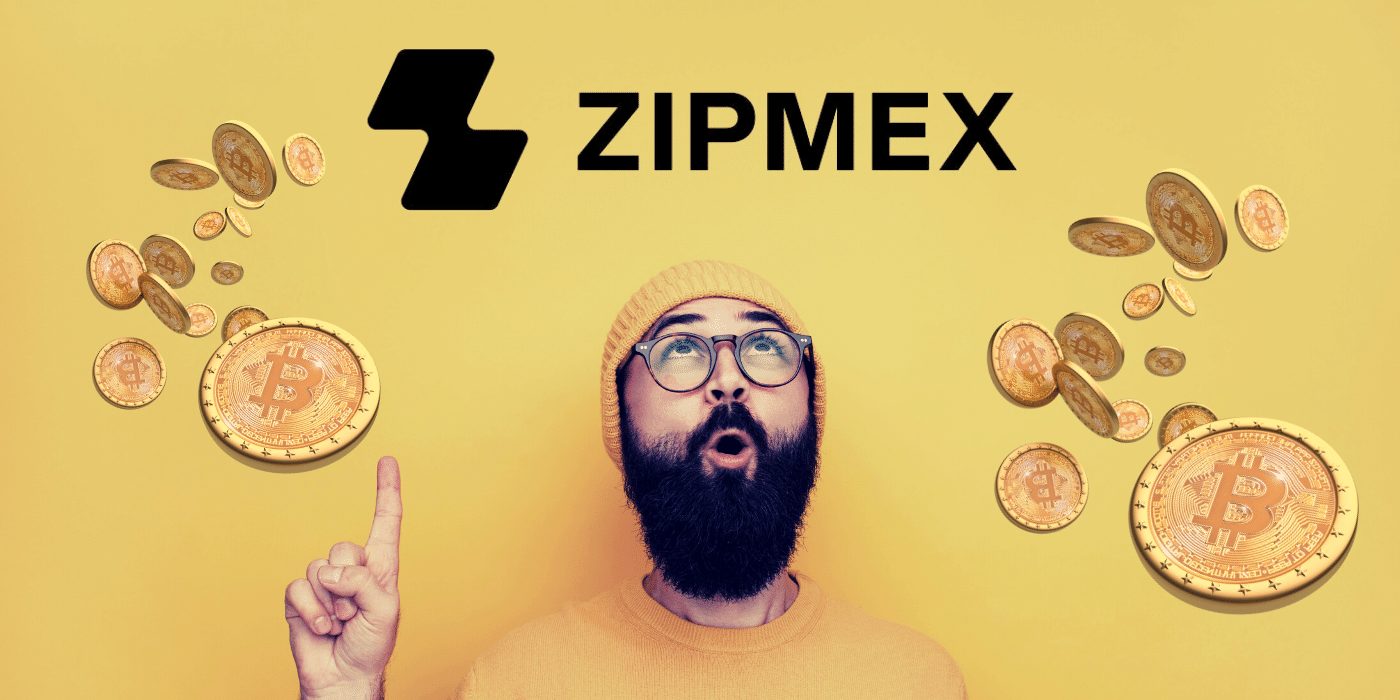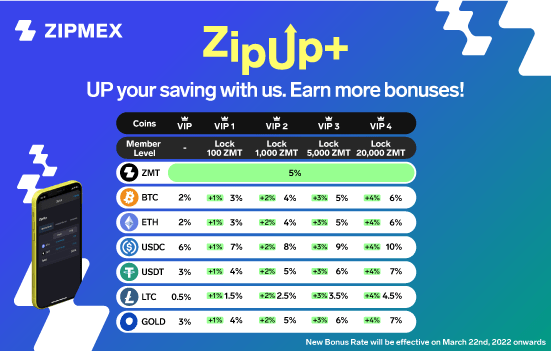Nasdaq-listed Coinbase has endured a torrid time of late. Most recently, its share price tanked over 20 percent following a distinct shift in tone away from risk-on assets, sinking the preeminent exchange’s share price to a record all-time low and surpassing the unenviable milestone it reached just two weeks ago:
Disappointing Earnings
The sharp downward move was precipitated by Coinbase’s recently released earnings for Q1 2022, and unfortunately for shareholders it wasn’t good news.
The company revealed that despite generating over US$1.17 billion in revenue, it remained significantly shy of the US$2.5 billion it took in Q4 2021. In addition, the business reported quarterly losses of US$430 million, and even analysts were left scratching their heads since consensus opinion was that Coinbase would, at the very least, break even.
Perhaps most concerning is the fact that active monthly users dropped from 11.2 million to 9.2 million over the past quarter, reflecting in part the dour mood in crypto markets.
The market responded predictably to the weak results as Coinbase shares plummeted by more than 20 percent, touching as low as US$62. At the time of publication it had somewhat recovered, trading at US$78, albeit still 79 percent lower than its IPO. Youthful on-chain wizard Will Clemente saw the funny side of it all:
Upside is Lipstick on a Pig
Despite the disappointing results, Coinbase sought to temper the bad news with an upbeat tone, saying:
The first quarter of 2022 continued a trend of both lower crypto asset prices and volatility that began in late 2021. These market conditions directly impacted our Q1 results. [However], we entered these market conditions with foresight and preparation, and remain as excited as ever about the future of crypto #wagmi.
Coinbase shareholder letter
Anil Gupta, Coinbase’s VP of Investor Relations, noted that the company was well positioned to weather current conditions, saying: “We don’t have infinite runway, but we have plenty of gas in the tank.”
The company is no doubt on the back foot, amid ongoing criticism of its custody arrangements as well as the unsuccessful launch of an NFT marketplace. With the market in turmoil, Coinbase will need something special to turn the ship around, as investors are unlikely to tolerate such dramatic and prolonged declines since inception.




















